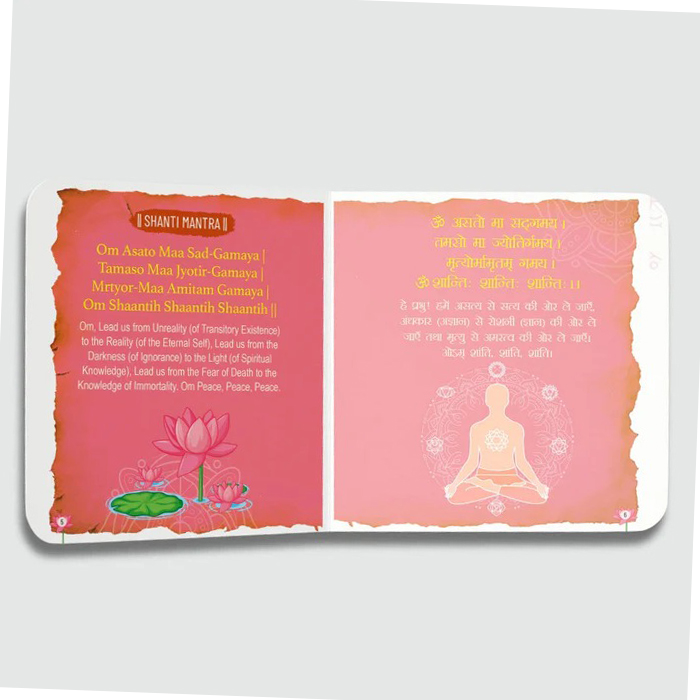Whenever we apply for a job and write our resumes, we try to highlight all the good things about ourselves and our experience. Many hide all the difficulties they had in their career and focus on their great achievements.
When employers read through such resumes they often feel each person is the greatest person who ever lived, because we try to put ourselves in the best possible light to land the job.
When people go to a bank for a business loan, they write up all their greatest financial achievements and best references. They want to appear that they are a safe client and not a credit risk. They write down all their business and financial successes in hopes that the loan officer will grant them a loan.
When we apply for college or business school, we collect all our best references from former teachers so that a college will find us appealing as a candidate. That is typical in worldly affairs.
Whereas in worldly work we always want to appear our best, when it comes to spiritual work, we cannot hide who we are from the Divine within us. Our progress is an open book. The grace we receive in our spiritual progress is based on our sincere efforts. We cannot hide the truth of our spiritual gains and failures from the Divine.
One way for us to improve spiritually is to take an honest look at our weaknesses. By doing so, we can weed them out and see the areas that need improvement. If we looked at only our successes, we would get complacent and think we had reached the pinnacle of glory. Then, we would never change.
Our shortcomings show us which areas we have to do better in each day. Then, by making an effort, we find that each day we have fewer failures than the previous day. Over time, we would ultimately reach a stage in which we have zero shortcomings; we would have improved.
By reading the writings of the saints and watching their lives we can see what a virtuous life looks like. Then, we measure ourselves each day against that goal. We count our shortcomings and apply their teachings to conquer each area. The writings of the saints are rich in positive advice on how to overcome failures in the qualities we need. Each day as we honestly count our failures, we then apply their advice for making the following day more successful. We avoid the pitfalls.
If we were allergic to a particular food and we kept taking that food, we know we would have a reaction. Would it be wise for a person who gets so ill to continue to eat the substance they are allergic to? No. They should be super careful each day to avoid such foods. Similarly, if our actions each day result in failings in a particular category of virtue that is keeping us from spiritual growth, would we not want to avoid that behaviour so we can overcome that problem? Analysing our shortcomings helps us identify the allergens in our spiritual life so we can avoid and overcome them. Let us work on introspecting our weaknesses with honesty.
We are not applying for a job with the Divine and writing spiritual resumes that show us in a good light. We cannot hide our failings from the One who sees all. We need to make an honest effort to overcome our failures.
The beauty of the Divine is the law of compassion and grace. When we are seen making an honest effort to weed out our failings, to honestly assess these shortcomings ourselves, even if we have difficulty, our sincerity is noticed. The Divine will respond with compassion and grace. By our effort and grace of the Divine, we will achieve spiritual improvement faster, reaching our goal of union with the Creator. We will see rapid spiritual progress in our lives.
The author is the head of the Sawan Kirpal Ruhani Mission.













